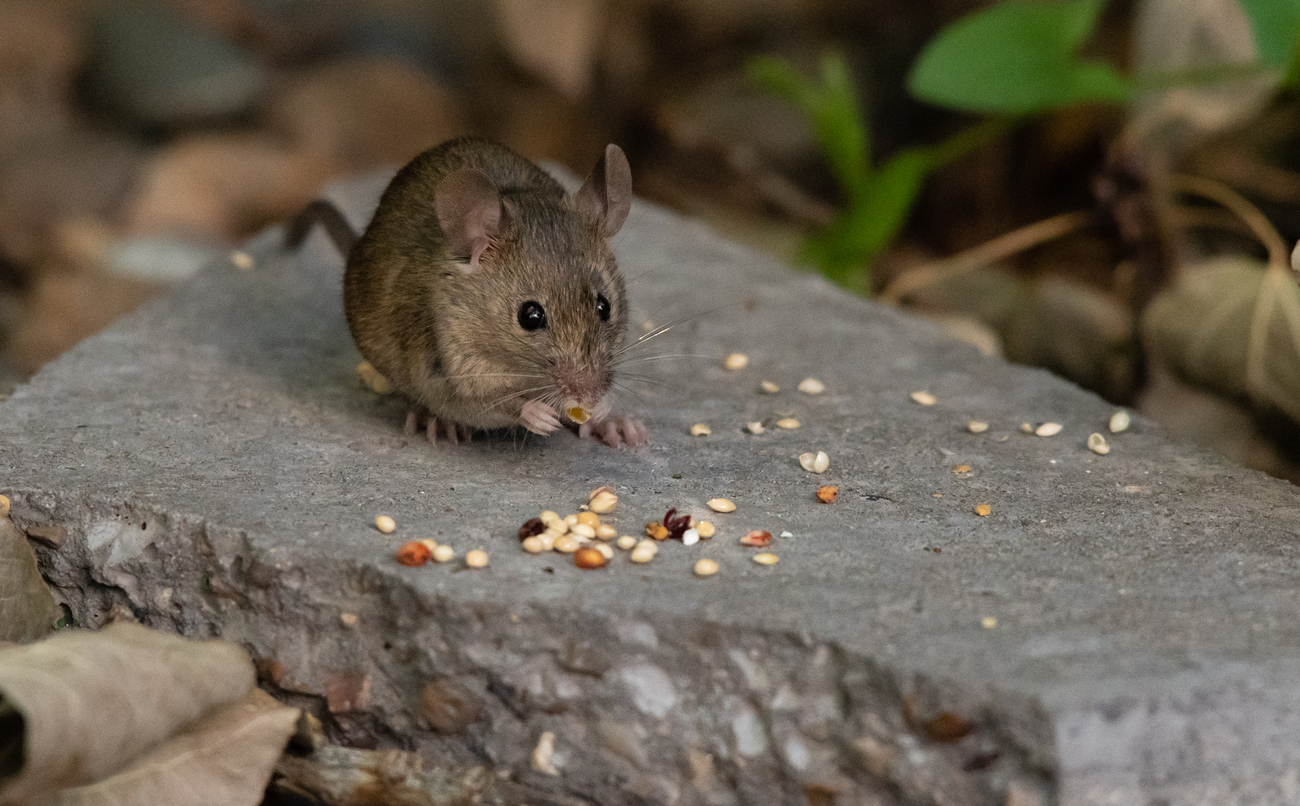How Long Does Hantavirus Live and Why It Matters?
Share
Hantavirus is a zoonotic virus that can cause serious health problems, most notably hantavirus pulmonary syndrome (HPS). Understanding how long does hantavirus live is vital for ensuring safety, especially for those who may come into contact with contaminated environments. This article delves into the various aspects regarding the lifespan of hantavirus, how it transmits, and practical steps to mitigate exposure.
The general public often wonders about the longevity and transmission of hantavirus. The need to know how long does hantavirus live can help individuals take necessary precautions to prevent infections.

What is Hantavirus?
Hantavirus comes from infected rodents, primarily deer mice. The virus can be transmitted through contact with rodent droppings, saliva, or urine. The symptoms of HPS can develop suddenly, making recognition of this virus crucial.

How Long Does Hantavirus Live?
Understanding the lifespan of hantavirus is critical for safety. The virus can remain viable outside a host for varying durations. Depending on environmental conditions, **hantavirus** can survive in droppings for several days to weeks. In areas with high humidity and lower temperatures, the virus's lifespan may longer. Conversely, in dry and warm conditions, hantavirus may die off more quickly.
Several studies suggest that the virus can endure in rodent excrement for up to **three days** under ideal conditions. After it desiccates, its viability declines drastically. For those concerned about hantavirus exposure, it's important to know how long the virus persists in various environments.

Transmission and Symptoms
Hantavirus is primarily transmitted through inhalation of aerosolized particles containing the virus. When **rodent droppings** are disturbed, the virus may become airborne, posing a risk to humans. Initial symptoms of HPS can resemble the flu, including fever, muscle aches, and fatigue. If you notice these symptoms and suspect exposure, seeking medical attention is advised.

Practical Steps to Reduce Exposure
Reducing exposure to hantavirus involves several practical measures:
- Seal all entry points in your home to prevent rodent infestations.
- Keep food sealed and stored properly to deter rodents.
- Use gloves and masks while cleaning areas that may be contaminated.
- Consider placing traps or contacting pest control services if rodent sightings are frequent.
By taking these steps, you can significantly reduce the risk of hantavirus exposure and maintain a safer living environment.
How Long Does Hantavirus Live in Droppings?
Hantavirus remains viable in droppings for a period ranging from a few days to several weeks, contingent on environmental factors. Maintaining cleanliness in areas where mice are known to frequent can mitigate risks. Regular cleaning with appropriate disinfectants is crucial in preventing the virus's spread. For further information on this topic, you can read more about hantavirus in droppings.
How Long Does Hantavirus Last in Humans?
The duration of hantavirus inside a human body largely depends on the individuals immune response and the severity of the infection. While the virus itself may not remain for long after symptoms begin, the health implications can be severe, requiring immediate medical assistance. For a deeper insight, see the information provided here: CDC Prevention Guidelines.
Frequently Asked Questions
How can I identify hantavirus symptoms?
Initial symptoms may include fever, chills, and muscle aches. If any of these symptoms develop after exposure to rodent habitats, seeking medical help is essential.
Is hantavirus contagious between humans?
No, hantavirus is not spread from person to person.
What precautions should I take when cleaning?
Always use gloves, masks, and a disinfectant to clean areas where rodents have been present. Avoid sweeping or vacuuming as it may aerosolize the virus.
For more on health and illness related to hantavirus, check this link: Learn About Hantavirus.
As an Amazon Associate, I earn from qualifying purchases.
